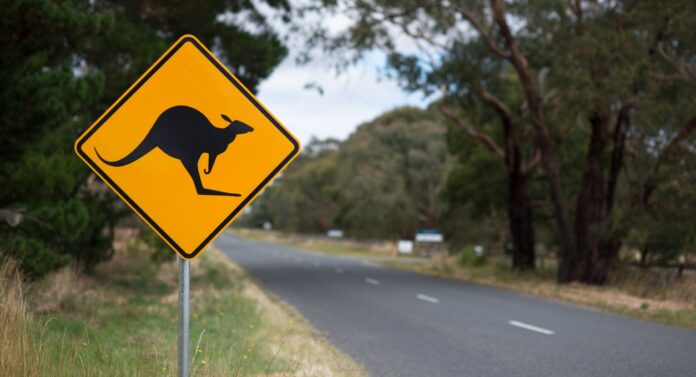
Wildlife carers across the region are burning out amid increasing case loads and cost pressures, the Victorian Parliament’s inquiry into wildlife road-strike has heard.
Local wildlife carers called for increased funding opportunities and reimbursement programs for wildlife rescuers, driver education, and funding for a range of road-strike prevention opportunities.
“There are so many pressures with the cost-of-living increasing,” Manfred Zabinskas, from Five Freedoms Animal Rescue, informed the panel at Bendigo last week.
“It’s become a critical problem. It’s not a case of whether you want to do it — it’s that you can’t. It’s just that bad.
“There are shelters that have been operating for years that are burning out and crashing, and that exacerbates the problem for the other remaining shelters down the track that have to take on a larger number of cases.”
Mr Zabinskas estimated that, in running his shelter, the consumables alone cost $46,000 over the past 12 months.
The consumables he refers to are items like animal food, milk, medical supplies and bedding. Adding fuel to the expenses would bring that total to about $60,000.
Some of the hidden costs include car wear and tear, display warning signs, rescue equipment, protective gear, training, licensing, firearms, and vet expenses, and that only scratches the surface.
While cost-of-living expenses have increased, so too has the demand on volunteer rescuers, as development and drought pushes wildlife further out of the bush and onto roadsides, wildlife rescuers said.
Wildlife rescuer Ian Slattery told the inquiry that developers should play some role in funding a solution for the wildlife being displaced.
“What we are seeing locally are kangaroo mobs and wildlife being decimated,” he said.
“We can’t keep on developing with no regard to wildlife damage. There clearly needs to be a change of attitude.”
RESCUE NEED INCREASING
Macedon Ranges Wildlife Network reported handling 2226 wildlife rescue cases in 2022-23, and that figure grew by 20 per cent in the next year. Volunteer rescuers now respond to an average of 7.2 per cent daily.
The network revealed increased stressors were behind at least eight members taking a step back from their roles in recent years. The network currently has 52 active members.
MRWN spokesperson Erin Ashmore told the inquiry it was time wildlife rescuers were acknowledged for their work and specialist skills.
“The volunteer model is no longer sustainable: volunteers are burning out and they are leaving the role,” Ms Ashmore said.
“Volunteers are not paid or reimbursed for their time, fuel, equipment or other expenses. Only licensed shelters and foster carers are eligible for some small grants, which do not cover the true expenses incurred.
“Long-term funding is essential. It’s imperative that we recognise the years of training to do that specialist skill.”
MRWN sought change in the form of increased funding opportunities for volunteers, reimbursement programs, investments through volunteer training and certification, support and recognition for veterinary partnerships, and improving multi-agency collaboration.
MORE CHANGE SOUGHT
Changing the way wildlife road-strike is recorded was a common theme and many submitters called for a centralised wildlife road-strike database. The inquiry heard there are currently at least five separate databases to do this, creating difficulties in collating data, using real-time mapping and accurately identifying wildlife hot-spots.
The inquiry heard more driver education and responsibility was needed when it came preventing wildlife road-strike.
Suggestions for improvements included: mandatory wildlife collision reporting legislation within two hours of an incident, a state-wide public education campaign for drivers to promote empathy for wildlife and responsible driving, and speed reductions in known wildlife hot-spots.
Other ideas to emerge from MRWN’s submission were trauma support for affected motorists following wildlife road-strike, investment in infrastructure such as fencing and lighting in wildlife hot-spots, and improving safety protocols.
MRWN also called for the state government to fund and fast-track the Macedon Ranges wildlife detection pilot, which involves motion-activated wildlife warning signage, and other new technologies to deter wildlife road-strike.







